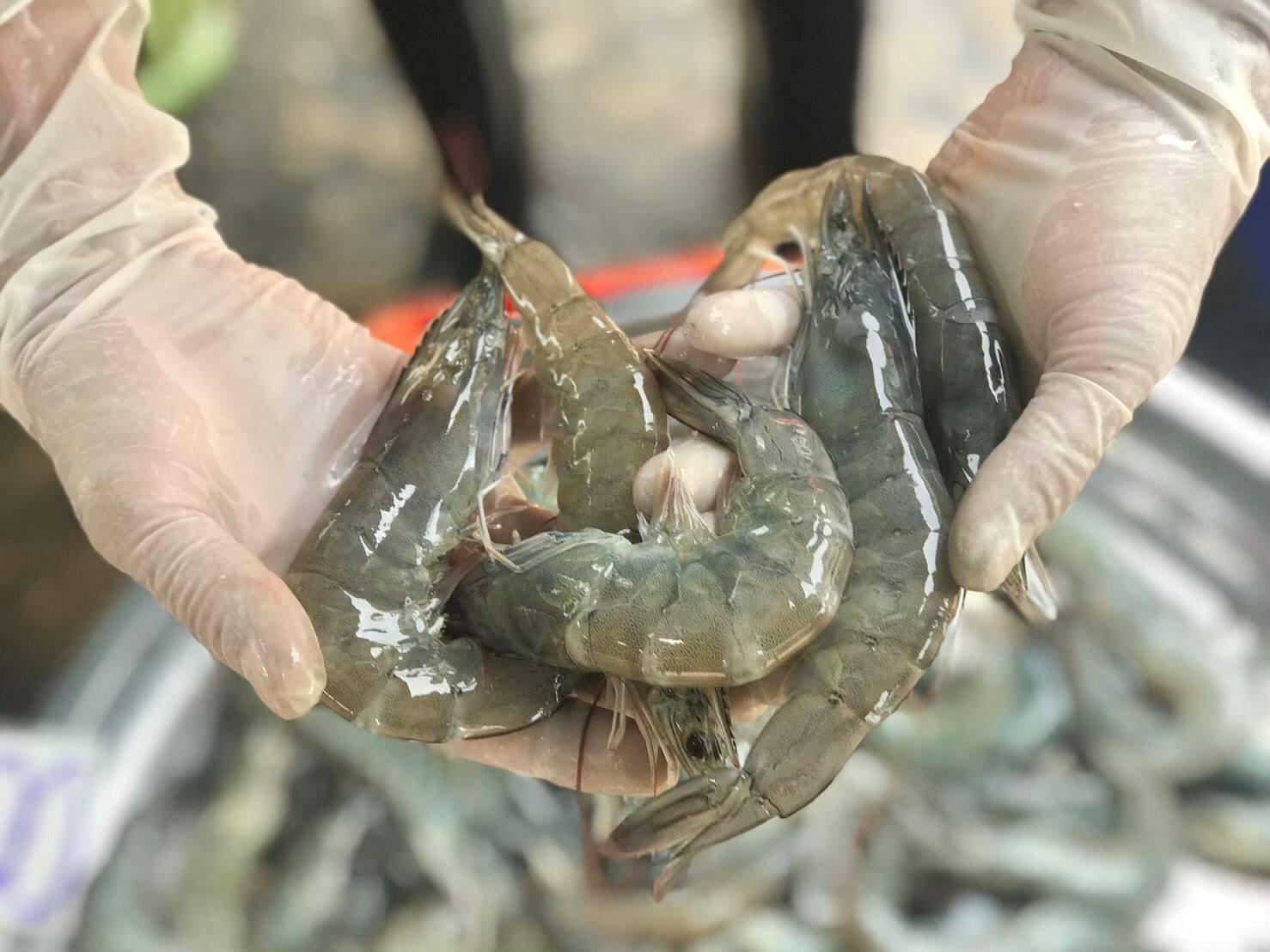Thai Quality Shrimp
"Thai shrimp is safe without residues"
through a production process with standards, safety, and environmental friendliness
to enhance consumer trust
Under the Royal Ordinance on Fisheries, B.E. 2558 (2015) and its amendments, B.E. 2560 (2017), the Department of Fisheries has propelled the Thai marine shrimp industry for years to control the production process of marine shrimp from downstream to upstream. This is to assure compliance with international standards, customer safety, environmental friendliness, and the ability to trace back in every production process. This endeavor aims to boost consumer and importing country confidence.
In addition, the Department of Fisheries has prioritized labor in the marine shrimp industry, both on farms and at processing plants, by adhering to Good Labor Practice: GLP. This means that the Thai marine shrimp industry does not engage in child labor abuse, slave labor, or forced labor because the Department values labor welfare protection. As a result, consumers can rely on Thai marine shrimp produced for domestic and international markets, including export that are of high quality, meet international standards, and are safe to consume with environmentally friendly and responsible practices.
Given the challenges of the marine shrimp epidemic Thailand encountered, which has resulted in a drastic decrease in marine shrimp production, the Ministry of Agriculture and Cooperatives recognizes the crucial role of marine shrimp products and, as a result, establishes an urgent policy to restore Thailand's marine shrimp production in order to ensure that it will reach 400,000 tons by 2023.
The Department of Fisheries, as the competent agency, has directed the management plan for marine shrimp production throughout the whole chain to ensure that the goal setting is met through integrated work with all stakeholders, including the government, farmers, private sector, and academic institutes. These agencies have pushed all hatcheries to produce marine shrimp juveniles that are high in quality, disease-free, and residue-free, as well as encouraging all farms to have GAP certification and restore degraded marine shrimp areas while promoting and expanding marketing channels to accommodate increased marine shrimp production through the promotion of marine shrimp consumption in domestic and international markets. Apart from reviving Thailand's marine shrimp production, this policy intends to provide job stability for marine shrimp farmers and related industries.
Based on the knowledge and experience that Thai farmers have accrued over a long period of time in developing and improving marine shrimp farming, it is important to keep up with the situation and increase the effectiveness of marine shrimp production through proper advice and close control of the government sector. This will guarantee that marine shrimp production will meet the standard, be secure, and be free of residues to reassure consumers and maintain a positive image for Thailand.

Coastal Aquaculture Research and Business Development Group
Coastal Fisheries Research and Development Division
28 June 2022

